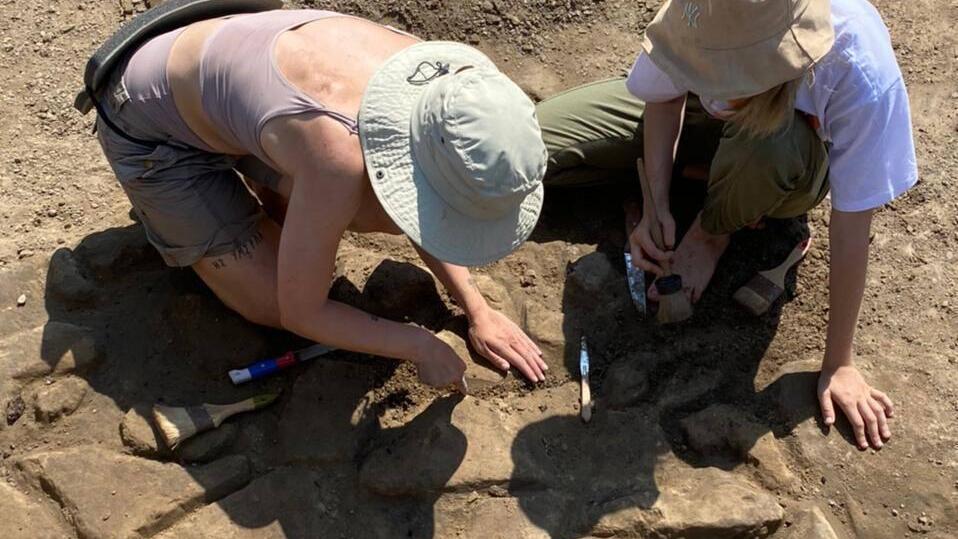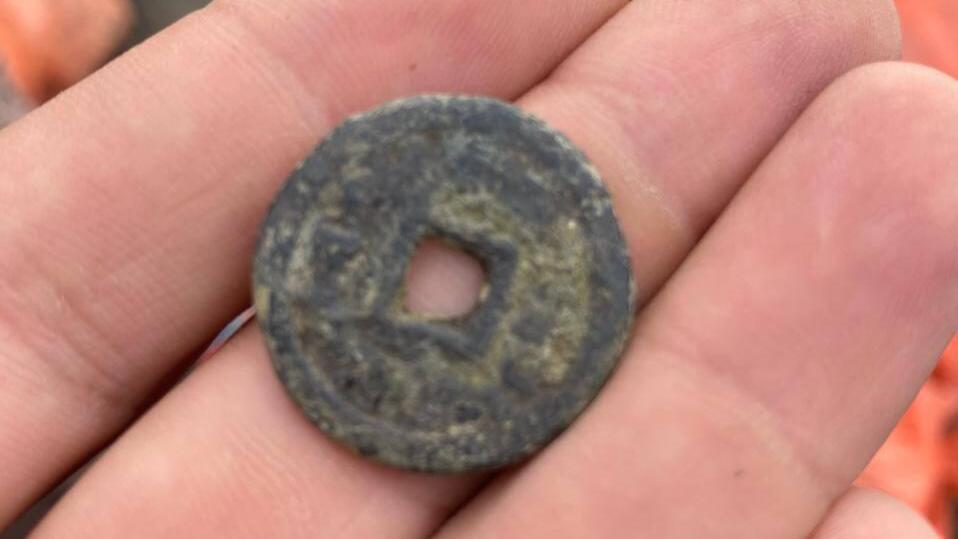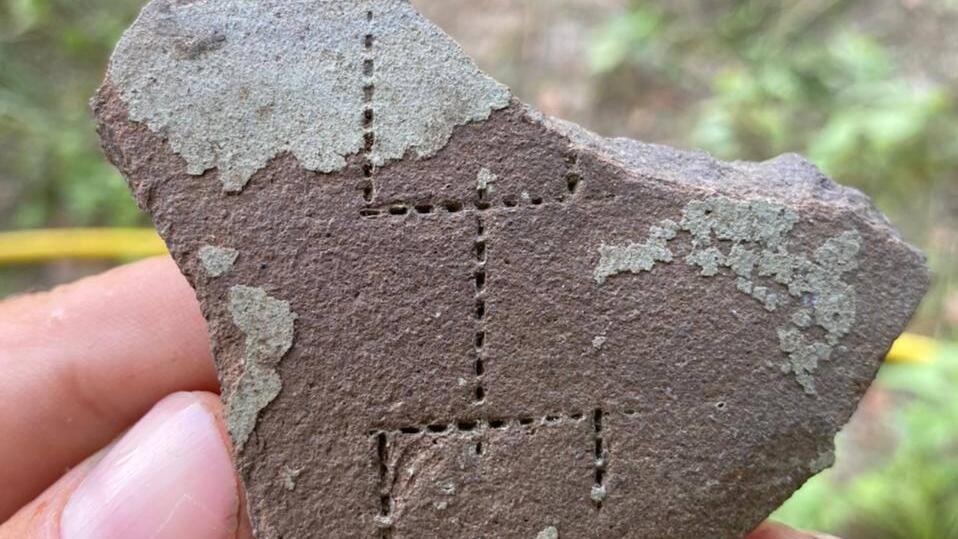Getting your Trinity Audio player ready...
Russian archeologists at Astrakhan University claim that they have uncovered one of the lost capitals of the Khazar Khaganate.
Researchers from Russia's Astrakhan Oblast near the Caspian Sea completed excavations in the Kamyzyaksky District where they claim to have found the lost capital of the Khazars.
Archeologists discovered thousands of unique artifacts that suggest that the site may indeed be the kingdom's lost capital of Atil.
One of the findings is a drawing of what appears to be a menorah — a seven-branched candelabrum that stood in the heart of the ancient Jewish Temples. Other findings include coins, pottery, rings and more.
The excavation also unearthed part of a medieval fortress about 18 meters long and more than 4 meters wide which will help researchers in learning more about the fate of the city.
Astrakhan Oblast Governor Igor Babushkin announced the discovery on his Telegram channel and said that research into the ancient site will be renewed in 2023.
The lost city of Atil was never identified with certainty despite multiple excavation expeditions at different sites across the region that were believed to be the ancient Khazar capital. One popular theory says the city was washed away by the rising of the Caspian Sea.
The Khazar Khaganate was a Turkic kingdom that spanned over the Eurasian steppes in the Medieval age, between the 7the and 11th centuries CE. Its territory is believed to have spanned from the Volga and Don rivers in the north to the Caucasus mountains and the Crimean Peninsula in the south, and from the Black Sea in the west to the Caspian Sea in the east.
The kingdom’s location on the silk road, a main artery of global trade in ancient times, has turned it into an important trade hub. The Khazars controlled trade routes between China and East Asia, Europe, and the Muslim Caliphates.
The Khazar Khaganate had an international reputation as a buffer state between the Byzantine Empire, the Muslim Caliphates, and the nomadic tribes of the Eurasian steppes. It also played a vital role in early Russian history.
The Khazars became one the most powerful actors in the Middle East during the 8th to 10th centuries, alongside the Byzantine Empire and the Muslim Caliphates.
According to some Muslim and Jewish sources, the Khazars, or at least some of them, converted to Judaism in a series of mass conversions. The scope of these conversions, their dates, and the reasons behind them remain a mystery.
Some have theorized the Khazars to be the progenitors of Ashkenazi Jews but this theory is met with great skepticism by scholars and rabbis alike as linguistic and genetic studies have failed to establish a link between the Khazars and Ashkenazi Jewry.
The theory is sometimes associated with antisemitism and anti-Zionism.




